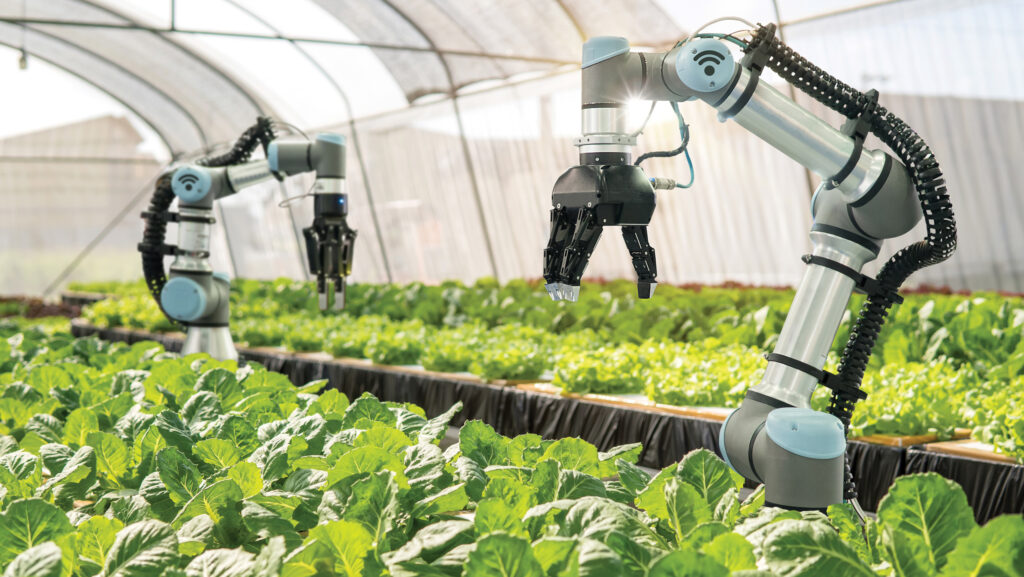Opinion: How innovation in agriculture is undervalued
 © Adobe Stock
© Adobe Stock The scale and pace of global population growth, economic development and the transition to net zero are driving unprecedented demand for the agricultural science, technology and innovation needed to produce more food with fewer inputs.
This is a huge opportunity for the UK and for British agriculture. We need to seize it. We are a global academic plant science and agri-research powerhouse.
But we need to do more to attract global inward investment, to support farm-level innovation, and for the government to make clear its support for UK agriculture as a vital strategic industry.
See also: Have UK’s Agri-Tech Centres achieved and what’s next?
About the author

George Freeman MP is the chairman of the All-Party Parliamentary Group on Science and Technology in Agriculture. Here he asks why the much vaunted Agri-Tech Strategy has so far failed to deliver.
That’s why I was delighted to accept the invitation to chair the All-Party Parliamentary Group on Science and Technology in Agriculture.
Ours is one of the more active and influential all-party groups in parliament, no more so than when we successfully advocated the launch, in 2014, of the UK’s £160m Agri-Tech Strategy.
This sought to reverse years of chronic under-investment in translational and applied research and development (R&D) in agriculture, and to bridge the gap between discovery science and its commercial, on-farm application.
The vision was one of vibrant new public-private partnerships, of forging new ways of working between government, industry and the science base, and ultimately of driving significant growth in domestic agricultural productivity, inward investment and technology-based exports.
Ten years on, it is immensely frustrating and disappointing that the strategy has not yet delivered seriously on those objectives.
The UK is literally bumping along at the bottom while our competitors, including other European nations such as France, have enjoyed sustained productivity growth.
As chair of the all-party group, I am keen to champion and explain why agricultural science and technology is so important to all our futures, particularly to a new generation of voters and a new intake of Labour MPs.
From robotic harvesting equipment and AI-enabled decision support systems, to advanced crop and livestock breeding, vertical farming and autonomous machinery, UK-led innovations offer the potential to drive significant improvements in the productivity, end-use quality, resource-use efficiency, and environmental sustainability of British farming.
I am also anxious to understand why the Agri-Tech Strategy has not been as transformative as we had hoped.
What can we learn from those other countries whose agricultural productivity growth puts ours to shame? Is agricultural science properly valued in the UK? Is our science policy and R&D framework fit for purpose?
Furthermore, is industry sufficiently engaged and listened to in setting the research agenda?
Is the transmission from laboratory to field working effectively, and focused on the right priorities?
Does our regulatory framework foster or stifle innovation?
Above all, I want to understand why, when the UK leads the world in terms of high-impact academic publications in the agriculture-related sciences, we continue to lag behind our competitors in domestic agricultural productivity growth.
I am convinced we can learn important lessons from countries such as the Netherlands and New Zealand in how taxpayer-funded R&D is organised and prioritised; from countries such as Australia, Canada and Brazil in their support for public-private partnerships; and from the US outcomes-based agricultural innovation agenda, with its focus on delivering a 40% increase in food production by 2050 while reducing farming’s environmental footprint by 50%.
These and other questions will shape the all-party group’s work in helping to support and unlock the enormous potential of UK-based agricultural science and innovation.
